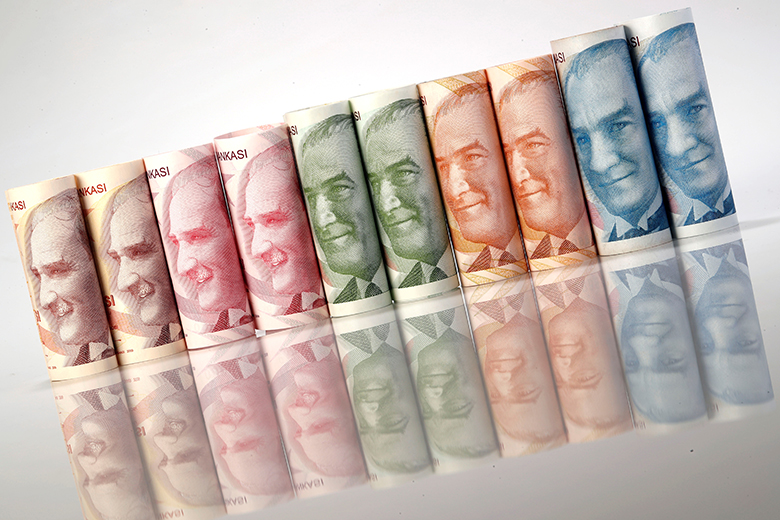Turkey stages snap presidential and parliamentary elections this weekend that are expected to be a closer contest now the Islamist and secularist opposition have unexpectedly joined forces.
Recep Tayyip Erdogan is still the more popular choice for president, and would be likely to defeat Republican People’s Party’s (CHP) Muharrem Ince, the main secularist opposition candidate in a second-round of voting, despite concerns about the economy.
However, the Felicity Party aligning with the CHP is unheard of. They are ideologically opposed, but united in their desire to unseat Erdogan’s Justice and Development Party from its legislative stronghold.
That could create increased political risk, especially in the event of a hung parliament leading to fresh elections, and eventually if the presidency and parliament are disunited.
The president has increased powers after a referendum last year replaced the parliamentary system with an executive presidency.
Monetary policy
Erdogan’s desire to become more involved is demonstrated by his comments on monetary policy, threatening central-bank independence.
“Erdogan’s latest remarks on his trip to London were not particularly promising for investors as he restated his view on how higher interest rates fuel inflation,” say economist Nora Neuteboom and senior FX strategist Georgette Boele, part of the ABN Amro team taking part in Euromoney’s survey.
“Furthermore, he emphasized he has significant control over monetary policy.”
On a score of 52.1 from a maximum 100 points, Turkey is still falling in Euromoney’s country risk survey and is presently 57th out of 186 countries surveyed in the global rankings, low down in the third of ECR’s five categories of risk.
Brazil and Hungary lie just above. Higher-scoring India, Thailand and Bulgaria are among the emerging markets (EMs) that are better off.
Capital access has tightened and virtually all of the country’s political risk indicators are worse off compared with a year ago.
The survey’s monetary policy/currency stability indicator is low-scoring and has been downgraded this year.
Since early March, the lira has fallen from TRY3.80 per dollar to TRY4.75, with the markets focusing on Turkey’s large debts, current-account deficit and financing requirement, amid the political uncertainty and rising US interest rates sparking the EM sell-off.
With no reversal in sight, it will invariably lead to higher inflation, which rose to 12.2% in May, putting the IMF’s year-average forecast of 11.4% at risk.
The central bank responded with a 300 basis points hike in its benchmark interest rate in May, and another 125bp rise, to 17.75%, on June 7. The increased borrowing costs will undermine economic growth, which had been expected to slow down to 4.4% this year from 7% in 2017, according to the IMF in April.
“Inflation is always a problem for Turkey,” says ECR expert Emre Deliveli, an economics consultant, who is more concerned by the build-up of debts.
“Corporate-sector debt is a big issue, with many companies asking for restructuring,” he says.
Downgrade
Meanwhile, the year began with the economy growing at a brisk pace, but forecasters are now downgrading prospects, with Moody’s lowering its GDP growth prediction from 4% to 2.5% for 2018.
The unemployment rate remains stubbornly high at around 10% and there is a sizeable current-account deficit, worsened by the recent rise in oil import prices, exceeding 5% of GDP.
These adverse trends, given Turkey’s reliance on short-term financing, expansionary fiscal policy and inadequate reserves to cover maturing liabilities, make Turkish assets vulnerable, not least when also considering the tricky geopolitical regional situation involving Syria and the domestic political possibilities.
Deliveli believes there might be a short-term boost depending on who wins the elections and if the president and parliament are aligned, but this might not last as the same old problems re-emerge.
A political risk premium will still be attached to the Turkish lira.


 Signal2forex.com - Best Forex robots and signals
Signal2forex.com - Best Forex robots and signals




